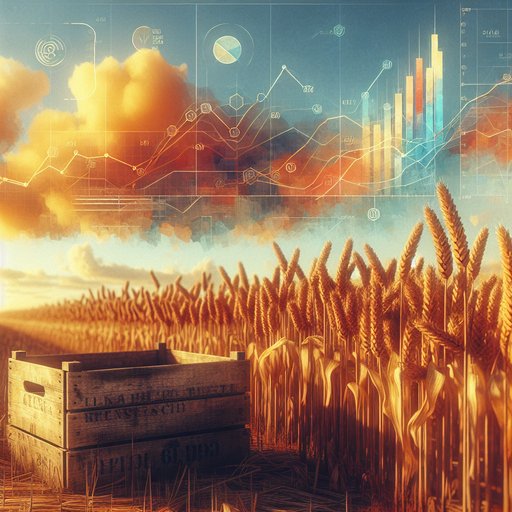
American agricultural markets are experiencing significant movement as China makes its first soybean purchases from the United States this year, offering a glimmer of optimism for farmers who have faced challenging conditions. China's state-owned COFCO bought three U.S. soybean cargoes this week, according to [1], marking a potential thaw in agricultural trade relations. While [2] China's promise to buy their soybeans, they cautioned that this development alone won't solve all their problems. Meanwhile, corn futures have posted losses, with [3] across most months, reflecting continued volatility in grain markets that directly impact food security and agricultural profitability.
The Chinese soybean purchases represent a significant development for American agriculture, as farmers have been eagerly awaiting renewed trade with one of their largest historical customers. According to [4], farmers have a lot riding on improved trade relations, with soybean exports representing a crucial income stream for American agricultural operations. The timing of these purchases ahead of high-level diplomatic meetings suggests potential progress in resolving trade tensions that have disrupted agricultural markets.
However, the agricultural sector faces ongoing challenges beyond trade relations. Secretary of Agriculture Brooke Rollins acknowledged government shortcomings when she [5] that "we have failed you," reflecting what many Americans are thinking about agricultural policy support. Despite the positive news from China, [2] that soybean purchases alone won't address all their concerns, suggesting deeper structural issues within the agricultural economy that require attention.
Corn markets have experienced downward pressure, with futures [3] across most contracts and prices [6] after reverting from early week gains. This volatility in grain prices affects not only farmer profitability but also has broader implications for food security and consumer prices. The fluctuations reflect market uncertainty and the complex interplay of factors affecting agricultural commodities.
The developments in soybean trade and grain price movements underscore the interconnected nature of global agricultural markets. While Chinese purchases provide immediate relief and optimism for soybean producers, the broader agricultural sector continues navigating price volatility and policy challenges. These market dynamics will continue influencing farming operations, food prices, and agricultural trade patterns in the coming months.
- Exclusive-China buys three US soybean cargoes ahead of Trump-Xi meeting, sources say
- American farmers welcome China's promise to buy soybeans, but the deal doesn't solve everything
- Corn Falls on Thursday
- Why Farmers Have A Lot Riding On Trump-Xi Meeting
- The Speaker rushed to the microphone to tell everyone what Brook Rollins ‘really’ meant.
- Corn Easing Back on Wednesday Morning
























